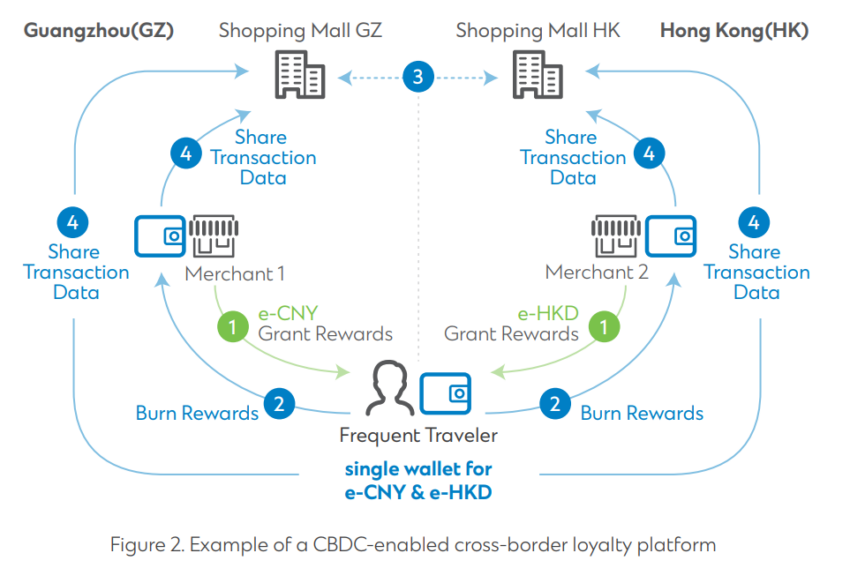A recent whitepaper by two financial behemoths has endorsed using programmable CBDCs in one of the world’s largest economic zones. However, it raises considerable concerns about privacy and financial freedom.
China’s Greater Bay Area (GBA) generally includes Guangdong, Hong Kong, and Macao. With a population of around 71.2 million, it is 5% of China’s total population and is South China’s wealthiest region.
What Are Programmable CBDCs?
Programmable CBDCs are digital currencies incorporating embedded programmable features, enabling potential control over spending conditions. The increased surveillance and control they introduce raise concerns about privacy and financial freedom.
Authorities can track and monitor transactions, impose restrictions, and potentially curtail individual financial autonomy. This prompts questions about privacy rights, personal liberties, and the potential for abuse of power.
The report makes observations and recommendations that worry most privacy and freedom activists.
For example, at one point in the document, Richard Li, Deputy CEO of Standard Chartered Bank China, says that CBDCs backed by central banks could enable “programmable banking services.”
The whitepaper continues:
“Programmable banking could not only enable automated banking services, but also help to integrate traditional banking with other industries’ offerings and value chains.”
The whitepaper also touches on the subject of loyalty programs across the GBA. Merchants with loyalty programs in all three face complexity and costs in implementing cross-border programs, leading to separate programs under the same brand.

Go to Source to See Full Article
Author: Josh Adams






